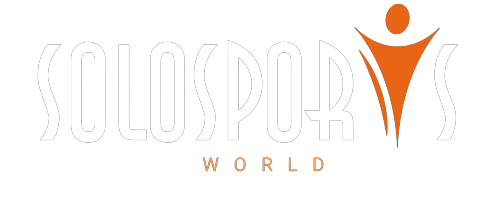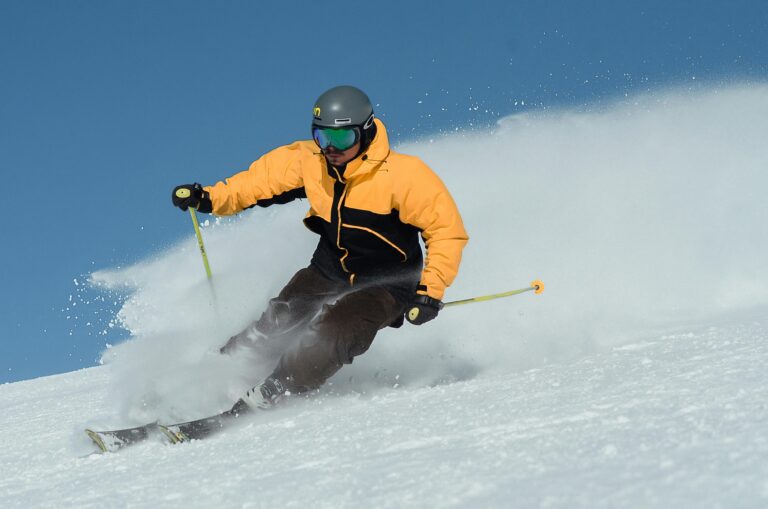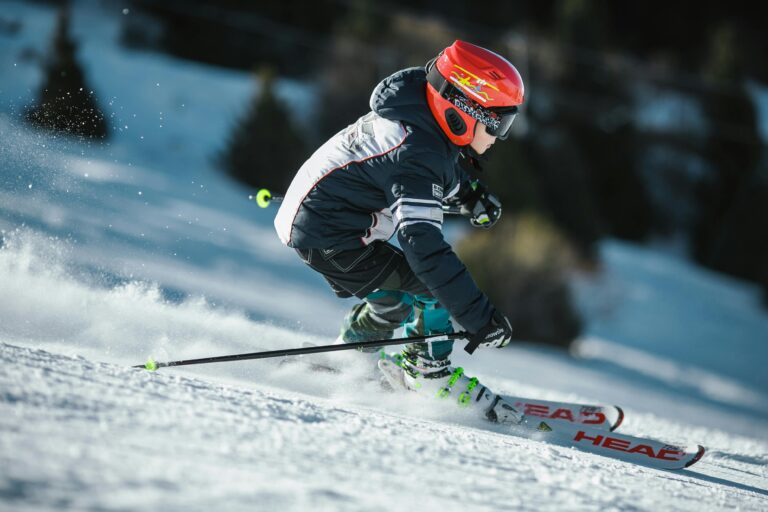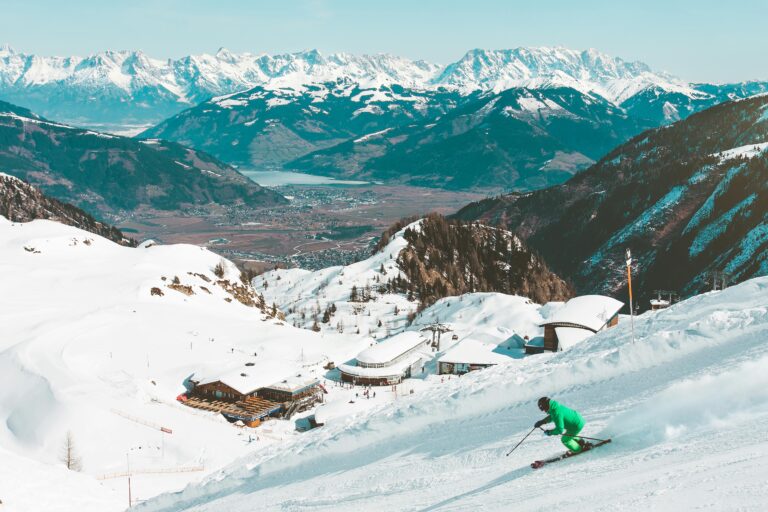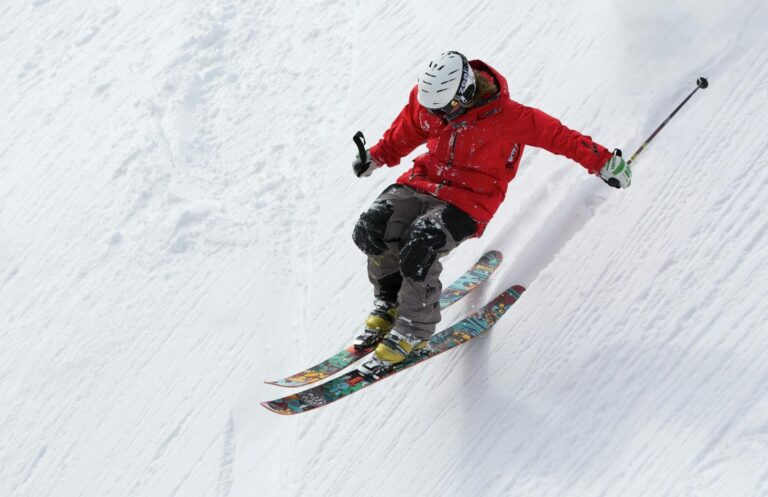Thinking about hitting the slopes in Switzerland? You’re definitely not alone. Skiing in this stunning alpine playground can be a total dream, but it’s good to know what it’ll cost before you get carried away. Whether you’re picturing yourself swooshing down fresh powder or cozying up with hot cocoa in a chalet, knowing the expenses upfront can save you some sticker shock. I’ll walk you through lift passes, rentals, food, lodging — everything you need to plan smart and still have a blast.
How much does it cost to ski in Switzerland?
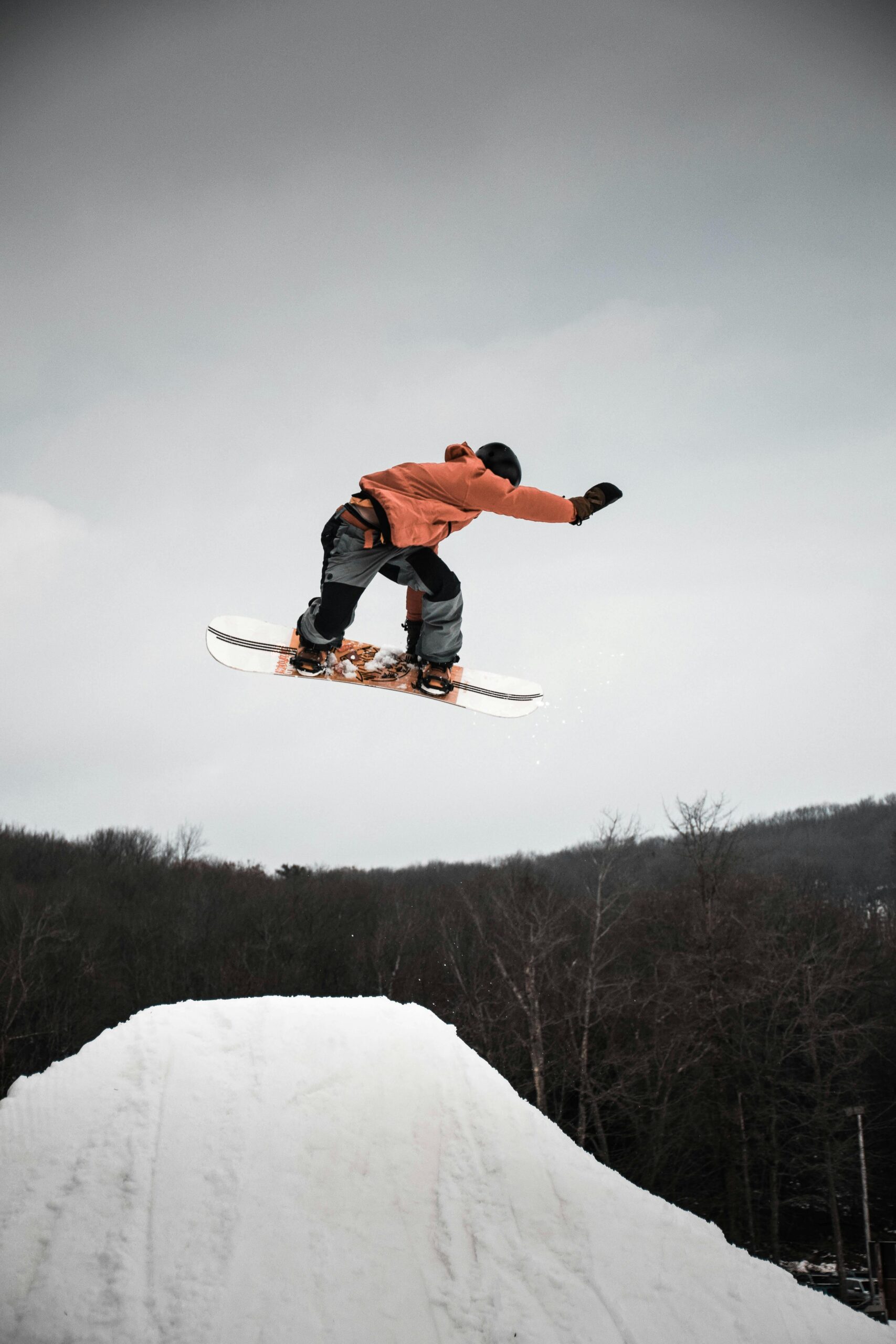
Skiing in Switzerland can range from CHF 500 to CHF 1,000 for a two-day trip, influenced primarily by lift passes, equipment rentals, food, and accommodation choices. Planning ahead is your best friend here. Whether you’re on a shoestring or splurging, there are ways to soak up those epic views and soft powder without breaking the bank.
Most of your money goes to these key areas: lift passes, gear rentals, food, and where you crash at night. Knowing what each part costs helps you build a realistic budget and avoid nasty surprises.
How Much Do Lift Passes Cost in Switzerland?
Lift passes are usually your biggest upfront expense, but they’re your ticket to exploring Switzerland’s endless ski terrain. Prices vary by resort and the kind of access you want.
Expect to fork over CHF 70 to CHF 120 for a single day. For example, if you’re heading to Zermatt, a day pass runs you about CHF 85, while places like Arosa start lower, around CHF 70. If you’re skiing for multiple days, grab a multi-day pass — resorts often knock 5–15% off, which adds up quickly.
- Single Day Pass: CHF 70 – 120
- Multi-Day Pass Discounts: 5 – 15% off when buying in bulk
Tip: Book online before you go and stalk the resort sites for deals, especially during less busy times.
What Are the Equipment Rental Prices for Skiing?
No gear? No problem. Renting is the go-to if you’re new or flying without your own skis.
You’re looking at CHF 30 to CHF 50 per day for a full ski set (skis, boots, poles). Helmets run extra, usually CHF 10 to CHF 15 daily. Quality and type of gear affect the price — beginner kits are cheaper, so don’t overspend if you’re just starting.
- Ski set (skis, boots, poles): CHF 30 – 50 per day
- Helmet rental: CHF 10 – 15 per day
If you’re eager to save, try rental shops a bit off the beaten path — prices there tend to be friendlier. And keep an eye out online for discounts.
How Much Does Food and Drink Cost on the Slopes?
Eating on the mountain tends to hit the wallet hard. Expect to spend CHF 50 to CHF 100 daily on food.
Mountain restaurants know they’re in a prime spot and charge accordingly — a basic meal could set you back CHF 25 or more. On the flip side, nearby towns usually serve up similar dishes for closer to CHF 15.
Some quick food-saving hacks:
- Pack your own lunch. It’s a game-changer.
- Eat in town. Restaurants off the slope tend to be easier on your budget.
| Dining Option | Estimated Cost (CHF) |
|---|---|
| Mountain Restaurant Meal | 25 – 35 |
| Town Restaurant Meal | 15 – 25 |
| Packed Lunch from Home | 5 – 10 |
Keep in mind: A little planning here can free up cash for that extra après-ski hot chocolate.
What Are the Accommodation Costs for Ski Trips?
Where you stay can make or break your trip budget. Prices vary widely, usually between CHF 100 and CHF 400 a night.
Expect higher rates during peak winter season. Zermatt, for example, can cost you around CHF 300 a night when it’s busy, while Engelberg might start at CHF 100.
Booking early is your best bet — waiting until the last minute usually means paying more.
Here are a couple of tips:
- Consider hostels or vacation rentals for wallet-friendly stays.
- Travel off-peak — midweek stays and avoiding holidays can slash costs.
Are There Hidden Costs to Consider When Skiing in Switzerland?
Watch out for those sneaky extras that pile up fast:
- Parking fees: CHF 10 to CHF 30 depending on where you park.
- Ski lessons: If you’re new, these are great but can cost CHF 80 to CHF 100 each.
- Local transport: Getting around might set you back CHF 10 to CHF 30.
Knowing about these ahead of time helps keep surprises (and stress) to a minimum.
How to Save Money While Skiing in Switzerland?
Want to enjoy skiing without seeing your bank account cringe? Try this:
- Go off-peak: Midweek or early/late season skiing can cut lift ticket costs by over 30%.
- Explore smaller resorts: Big-name spots aren’t your only option — lesser-known places can be cheaper and just as fun.
- Eat smart: Town dining beats expensive slope-side cafés every time.
Also, buying lift passes online, picking less busy slopes for shorter lift lines, and bundling accommodation with passes can all help stretch your budget.
What Are the Best Ski Resorts for Budget Travelers?
If you want to ski without going broke, here are some favorites that won’t hammer your wallet:
- Engelberg — great slopes, affordable places to stay.
- Andermatt — fewer crowds, very reasonable prices.
- Grindelwald — stunning views, budget-friendly lodging.
| Resort | Avg. Lift Pass | Avg. Accommodation | Highlights |
|---|---|---|---|
| Engelberg | CHF 80 | CHF 150 | Beautiful views, family-friendly |
| Andermatt | CHF 75 | CHF 130 | Lesser crowds, diverse slopes |
| Grindelwald | CHF 85 | CHF 200 | Stunning backdrop, varied terrain |
These spots deliver solid skiing without the sticker shock.
Frequently Asked Questions About Ski Costs in Switzerland
How much does ski gear cost to buy instead of renting?
Buying ski gear can range from CHF 500 to CHF 1,500 or more, depending on quality and brand. For beginners, renting might be more economical as you test different setups before committing.
When I first started, renting let me test what worked without dropping a pile of cash upfront. Unless you’re serious about skiing long-term, renting makes sense.
What are the best ways to book ski lessons?
Generally, booking ski lessons in advance is recommended for better pricing and availability. Many resorts offer package deals with ski passes at discounted rates, and group lessons are typically cheaper than private ones.
Booking early isn’t just smart, it’s necessary if you want a spot. Group lessons are also a great way to learn without breaking the bank.
Are there cheaper places to eat near ski resorts?
Yes, local towns surrounding ski resorts typically have more affordable dining options compared to on-slope restaurants. Placing emphasis on public transport can also reduce food costs significantly.
Exploring local eateries not only saves money but gives a more authentic taste of Swiss culture — win-win.
What time of year is the cheapest to ski in Switzerland?
Typically, skiing in Switzerland is cheapest during the early season in December and late season in late March to early April. Prices on lift passes and accommodations often decrease during these times.
If your calendar’s flexible, aim for these shoulder seasons to snag the best deals and avoid the crowds.
If you want to dive deeper, check out this handy video with skiing tips:
Skiing in Switzerland is pure magic when you know how to play the budget game. With a little prep, you can enjoy those epic peaks without stress.
And here’s another video to help you figure out what gear you really need:
Happy skiing — may your turns be smooth and your wallet happy!
